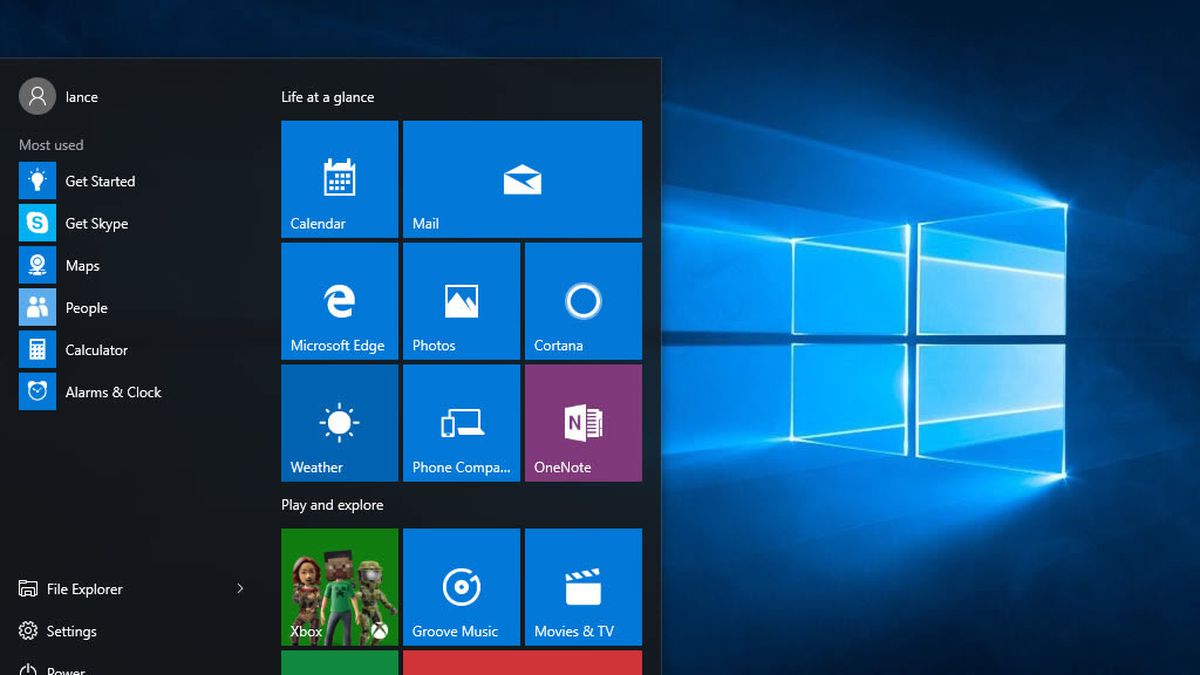

The World Wide Web is a crowded space. As of January 2019, there were 1.4 billion websites and 4.39 billion internet users globally. Google reports that 63,000 searches come in every second. This translates to 350,000 searches per minute
Capturing the attention of readers in this digital age can be challenging. This is because internet users spend about fifteen seconds or fewer on a website. Unique websites content is the secret to surpassing these statistics. Content optimized for the web will rise to the top of search results and capture users’ attention.
We have curated a list of eleven tips that will show you how to write content for websites. Follow these tips and watch as your website gets the attention it deserves.
1. Know your audience
Before you start typing, you must think about who you are trying to reach. Knowing your audience is a crucial aspect when you are writing for the web. Before writing content, there are a few questions you should ask yourself. These include:
- Who does my primary audience consist of?
- Who does my secondary audience consist of?
- How will both my audiences find my website online?
For instance, let us assume that you are creating a website for a bakery. Your primary audience may be existing clients. But, your secondary audience might include supermarkets, restaurants, or the general public.
You must ensure that your content appeals to both your primary and secondary audience. Ask yourself:
- What type of questions are my audiences likely to ask?
- What type of information is my audience seeking?
- On what online platform are my audiences most active?
2. Pyramid structure
Internet users cannot focus on one thing for a long time. They will determine if your website has the information they want in seconds. To capture web readers’ attention, structure your content like a downward cone or pyramid. The most important information should go at the top of the page. The middle section of the page should contain more specific information. And the last section should close with tangential information.
3. Avoid long sentences
Long sentences are for novels and research papers. Readers today can only handle sentences containing thirty-five words or less. So, web content that is easy to read will attract a wider audience.
Use verbs and nouns. Limit your use of adjectives and adverbs. Do not use words such as “adumbrate” and “prurient” when you can use “darken” and “dirty.” To check the readability of your text, you can use:
- Microsoft Word
- The Readability Calculator
- The Readability Test Tool
4. No passive voice
Always use the active voice and avoid the passive voice like the plague. When you use the active voice, you create clear sentences. Sentences written in the active voice are also more direct and more engaging.
5. Show and Tell
Do not limit your web content to general statements. Use real-world examples in your writing. These will your readers understand and visualize your content. Check out these two descriptions:
This is the best car that money can buy
Or
We made this car using high strength steel, copper, glass, and special fibers.
Which version gives you a more precise description of what type of car you are buying? The specific description in the second version shows the readers the car instead of telling them about it. More detailed and specific descriptions improve your site’s SEO.
6. For all people
The expert Travis Meade says that the website is for all people and not only linguistics. So, ensure that what you draft is understandable for the wider audience. You should:
- Explain complex terms
- Avoid insider language
- Nix the jargon
- Include hyperlinks to other articles
Remember that you are creating content for your audience. Using simple and understandable language will make you seem open and approachable. That is how you want to come across to future readers.
7. No repetitions
Words are like candy – we all have our favorites. But, when it comes to content writing for websites, variety is important. If you have overused a certain word, find its synonym to enhance your content. For example, if you have used “beautiful” in the first part of your text, you can use “attractive” in the next part
8. Use simple text
Ensure that readers will have no difficulty in skimming through your text. Most readers will skim through the page looking for the information they need. If readers do not find the information they want on your site, they will move on. To make simple text, you can:
- Use numerical lists and bullets. Avoid text-heavy paragraphs.
- Include “White Space.” A good amount of White Space makes your text more readable.
- Divide content into sections.
9. Use of multimedia content
Pictures, videos, and infographics add to the beauty of your webpage. Humans are visual beings. A bar graph or pie chart can explain complex topics better than text alone. If you are not skilled in graphic design, you can get help from services such as Canva or Wix. Images also do a great job in breaking up text. You should have at least one image on every page on your site.
10. Improve content
You can improve your content by ensuring that your text is error-free. After drafting your content, you must go over it to check for errors in spelling, grammar, and syntax. Such errors can take away from an otherwise stellar piece of text.
You can seek content editing help from an essay writing company. Essay writing companies have editors who can correct and fine-tune your text. At times, you may be too involved in your writing and miss errors that you have made. That is why a fresh pair of eyes is beneficial.
If you struggle with coming up with great content, you can find a company to write your essay for you. Do not risk drafting and publishing substandard content. Order essay from an essay writing services. There is no shame in seeking help!
11. Make the reader want more
Effective websites conclude each page with a call-to-action. You should also do the same. Is there a number readers can call for more information? Is there an audio file they can listen to? This strategy directs your visitors to other sections of your website. It also encourages your visitors to share and promote your content.
Keep your call-to-actions brief. Use verbs such as “Learn More,” “Share,” “Watch,” “Join,” or “Download.”
Writing content for your website can be demanding. If you cannot handle the pressure, you can seek help from online essay writers. But, if you want to personalize your content, you can go ahead and draft the text yourself. With the above eleven tips, you can create powerful and effective content. Following these tips will direct you on how to write attractive content for your website.
Well, what are you waiting for? Get to writing!
Smartphone Wars
Walt Mossberg has written a great piece on the on going Smartphone Wars. He describes the various platforms, their strengths and weaknesses.



